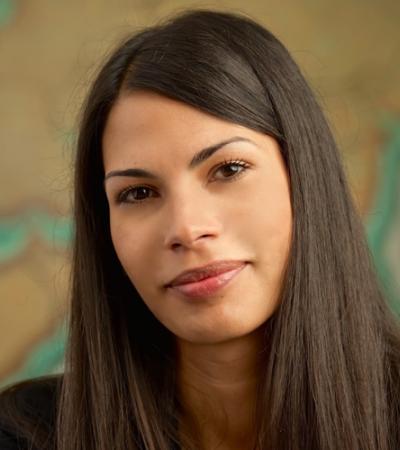Biocultural Approach to Human Migration - Understanding the refugees’ everyday life in the Asylum Centers in Serbia and its relevance to well-being
Graduate Research Grant
Migration, both voluntary and forced even under the finest of circumstances, involves a sequence of events that can be highly traumatizing and can place refugees at risk. The process includes displacement, separation from family and traditional values, life in new social and cultural situations where legal security may be minimal. Moreover, the forced displacement can significantly affect refugees’ health and well-being in different ways, some more overtly than others. However, most anthropological research on (forced) migration has mainly considered cultural and social changes brought on by forced displacement detached from the effects of new sociocultural and environmental contexts that impact and shape refugees’ social practices, identity, health, and physiology. I argue that without understanding both biological and cultural processes that underlie the human migration and everyday life of refugees confined in transit or camps we cannot fully grasp how refugees who are forcibly displaced manage the immense cultural and social changes brought on by involuntary displacement and in what ways and how these changes affect their health, well-being, and physiology.
Report
In May and June 2018, I had the opportunity to go back to my home country, Serbia, to continue my preliminary fieldwork, over the span of seven weeks. My research investigates routinized social practices (a term that I have coined) and the effects of physical and psychosocial stress on the health of refugees in a transitory state. I study this question in two Asylum Centers, one in Belgrade (the capital) and the other in Bogovadja (70km away from Belgrade). Refugees and migrants are provided with accommodation and other necessary living conditions in a total of 18 different facilities on the territory of Serbia - thirteen reception centers and five asylum centers. All eighteen facilities are under the jurisdiction of the Commissariat for Refugees and Migration, a separate organization within the Serbian public system.
With the full support of the Commissariat for Refugees and Migration, I got the opportunity to work with refugees in two above-mentioned centers to better understand how refugees’ daily practices and interactions relate to new sociocultural environments, what happens inside the forcibly displaced person when s/he encounters new sociocultural models and environments, and how these new sociocultural circumstances shape refugees’ social practices, health outcomes, and physiology.
Based on my pilot study, refugees expressed dissatisfaction and anxiety about both the immediate position in transit and their future. Yet my informants explained to me that even in waiting they were able to challenge static arrangements of temporary shelters and their everyday life continued to flow through routinized social practices and survival strategies. I was told that being able to engage in daily activities, such as grocery shopping, preparing meals for family and friends, spending quality time outside the center helped them to regain a sense of normalcy and dignity.
In addition to conducting participant observation and semi-structured interviews with my participants, I have also collected biomarkers – 75 fingernail samples to examine the refugee well-being and 75 Epstein-Barr virus (EBV) antibody samples to assess the effects of psychosocial stress on cell-mediated immunity). The value of collecting biomarkers along with using the ethnographic methods lies in the fact that they do not only allow assessment of physiological stress but also show that their consideration is highly context-dependent.
This pilot study also resulted in validating extensive and positive relationships with recognized leaders and other valued members of diverse refugee communities that I have cultivated before, as well as with the Commissariat for Refugees in Belgrade and other national and local nongovernmental organization working in Serbia. My research has also initiated collaboration between Dr. Lee Gettler’s Hormones, Health and Human Behavior lab at Notre Dame and a psychology lab at the University of Massachusetts-Amherst.
I firmly believe that this research has potential applications for general refugee studies with implications for policy-making in capacity-building of host communities as part of a broader and integrated solutions' framework for refugees, and will potentially provide valuable and practical insights to help mitigate these enduring real-world issues. My research interests articulate with broader issues within the ongoing integrated approach in anthropology such as migration, resettlement, displacement, marginalization, gender, youth, structural violence, development, and poverty. Moreover, research and analysis of the enduring refugees’ crises, both encamped and transitory are essential in order to influence international and national strategies and approaches that ultimately can help inform and shape public policy. This is where an integrated approach with its focus on global, national and local processes can help in the crafting of enhanced and effective policies and procedures affecting both groups of refugees.
In this new academic year, I will be analyzing my field data and presenting them at conferences. I will also be drafting a manuscript for the Social Science and Medicine Journal. In addition, I plan to attend the American Anthropological Association annual meeting and the Conference for Europeanist in Madrid, Spain organized by the Council for European Studies at Columbia University.
I am grateful to the Kellogg Institute because it made this trip and my second pilot possible. Also, this trip enabled me to use the knowledge I gained from my previous pilot study and prepare me better for my upcoming comprehensive exams, as well as my dissertation project that will investigate migration phenomena in greater detail.






